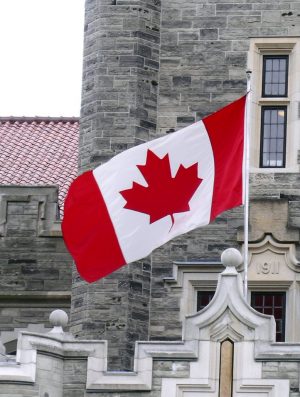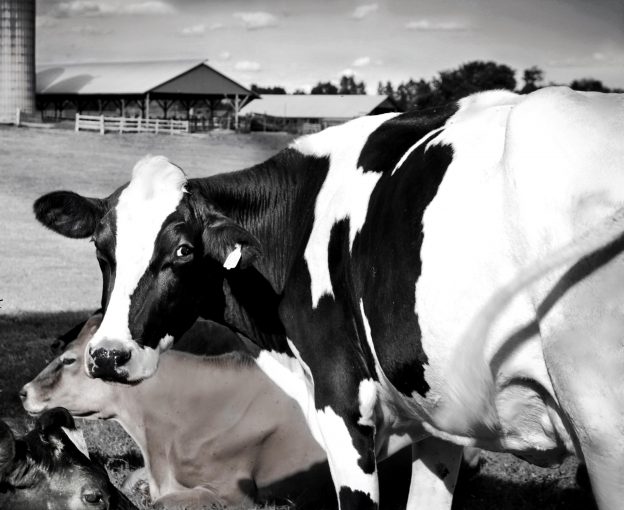Timelines:
Call for host department projects: November 1, 2016–December 30, 2016
Call for fellow applicants: January 2017
Results announced: May 2017
About the fellowship:
MITACS is committed to fostering policy leadership among Canada’s researchers. They have worked closely with the academic research and policy communities to identify ways to integrate academic research and evidence-based policy-making at the federal level. MITACS and its partners are pleased to introduce the result of this collaboration, the Canadian Science Policy Fellowship.
The fellowship helps government develop policy with advice from respected professors and postdoctoral scholars and will strengthen ties between the public sector and academia. The first of its kind in Canada, the fellowship is offered in partnership with the University of Ottawa’s Institute for Science, Society and Policy (ISSP), Mitacs’ university partners, and the Government of Canada.
The inaugural cohort of 10–12 fellows will be matched with federal host departments or agencies in Ottawa, where they will contribute to policy design, implementation, and/or evaluation. Matches will align each fellow’s background and expertise with the identified needs of the host department.
The fellowship aims to:
- Form mutually beneficial and robust relationships between government decision-makers and academic researchers in support of pressing policy challenges in Canada
- Enhance science communication, collaboration, and policy capacity within government departments and agencies
- Develop a network of external expertise in Canadian science policy that complements existing capacity within the public service
Who is Eligible?
A fellowship applicant must:
- Be a Canadian citizen or permanent resident
- Hold a PhD in any academic discipline at the start of the fellowship
- Professors must be a current faculty member at a Canadian university
- Be able to participate for the full 12-month fellowship in Ottawa. Fellows who are employed must take a leave of absence or sabbatical for the entirety of the fellowship. Fellows are responsible for their own relocation costs and accommodations in Ottawa
- Meet any additional employment criteria required by the Government of Canada, including (but not limited to) security clearance, as dictated by each host department or agency
- The fellowship is open to applicants and host departments in any sector or discipline. We anticipate that fellowships will focus on areas including (but not limited to):
– Agriculture and agri-food
– Big data and analytics
– Economics
– Energy
– Environment and/or climate change
– Health
– Indigenous affairs
– Information and communications technology
– Natural resources
– Social development
How to Apply:
Fellowship applications will open in January 2017 and will require:
- Mitacs Science Policy Fellowship application form
- A cover letter detailing the applicant’s specific research expertise, career milestones, and other accomplishments that convey their suitability for the fellowship project(s) to which they are applying (max. one page)
- A C.V. or résumé (max. five pages)
- A statement of interest that explains why the applicant wants to participate in the fellowship and its anticipated impact on Canadian science policy (max. 1,500 words)
- Two letters of support from referees that describe the applicant’s potential to succeed in the fellowship.
Letters can accompany the application or be sent under separate cover, to policyfellowship(at)mitacs.ca.
The application should demonstrate the scientific and technical credentials of the applicant and highlight their ability to engage with non-scientific audiences through skills such as communication, critical thinking, problem-solving and leadership.
Anticipated Timeline:
- November 1–December 30, 2016
Call for government host department - January 17–March 24, 2017
Call for fellow applicants - April and May 2017
Application review; shortlists of candidates provided to host departments; candidate interviews with host departments - May 2017
Selection and placements of fellows confirmed - June–August 2017
Fellows arrange travel and accommodations and finalize fellowship arrangements with host departments - September 2017
Mitacs hosts welcome and orientation session in Ottawa; fellows begin their placements - August 2018
Fellowship concludes
Any changes to these dates will be communicated to applicants through a mailing list and on this web page.
Remuneration for fellows:
Fellows will receive a stipend that reflects their qualifications and is commensurate with comparable full-time employment within the federal public service. Individual stipends may vary depending on the host department or agency.
Fellows’ roles and responsibilities:
Fellows will be considered full-time employees of their host departments or agencies. They will work with policy decision-makers and participate in related activities including:
- Design, implementation, or evaluation of policy
- Stakeholder meetings and/or consultation management
- Parliamentary committee support
- Senior decision-maker briefings
- Preparation of briefing and speaking notes
Professional development:
Mitacs and ISSP will conduct professional development, skill-building, and networking events throughout the fellowship. These events will enhance the fellows’ knowledge and capabilities and foster interaction and collaborative connections. In addition to an inaugural orientation and a year-end closing session, events throughout the year will address the following topics:
- Public policy
- Public engagement
- Legal concepts and policymaking
- Media and public relations
- Communicating scientific research
- Management and leadership
Contact policyfellowship(at)mitacs.ca if you require more information. Click HERE for the MITACS opportunity page
See the following press release for this year’s fellows on SSHRC’s site: http://www.mitacs.ca/en/canadian-science-policy-fellowship






